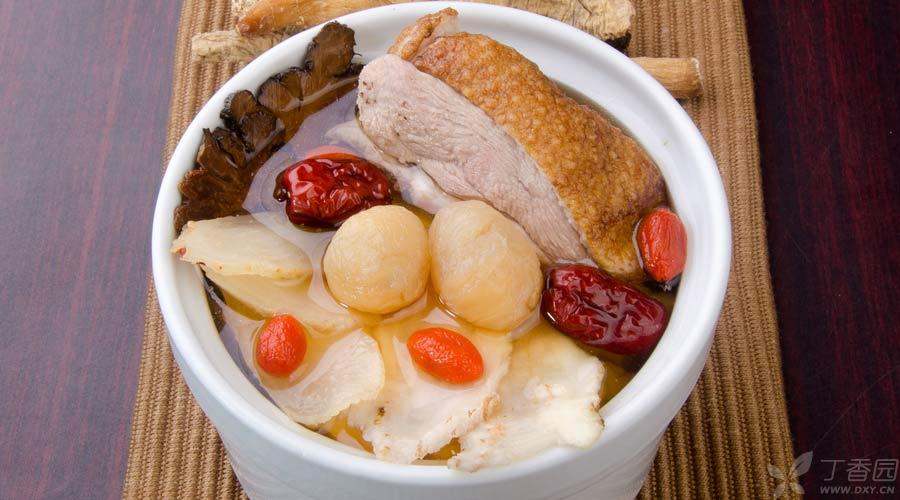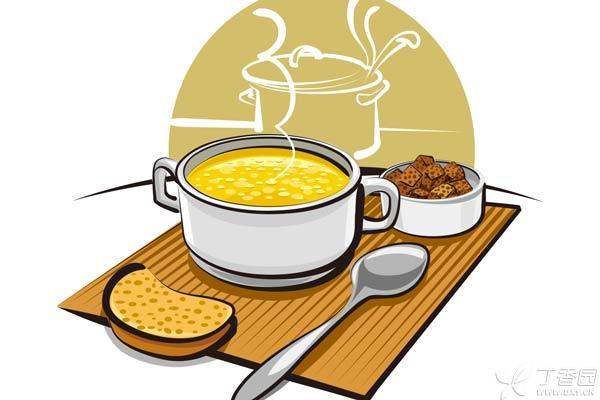
Every day to the clinical ward rounds, in different surgical departments will encounter different patients and family members concerned about the inquiry after the operation can eat some what, eat what can make the wound heal faster. Can this from relatives and friends be eaten, can that be eaten?
Today, I will answer 8 questions about postoperative nutrition.
1. Why do patients need special nutritional support after surgery?
Normal people need certain energy and nutrients every day to maintain normal metabolism, not to mention the huge consumption of surgery.
Preoperative fasting, various examinations and operations, intraoperative blood loss, various invasive operations, postoperative wound pain, body fluid loss, etc. will all cause the patient’s energy consumption to increase compared with normal times.
Inflammatory reaction and wound healing after operation will also consume more energy and nutrients. Not to mention if the patient has various complications, such as infection, digestive tract fistula, etc.
In a state of fasting or almost fasting for a long time, the reserves of various nutrients are quietly exhausted. As a result, we will see the patient getting thinner day by day, his face is not as ruddy as before, and he looks weak.
Can drinking chicken soup and fish soup help you recover?
There is not one of the most frequently asked questions by patients and their families after the operation.
The answer is no. Chicken, fish and other foods containing high-quality protein should be eaten to supplement the energy and protein needed by the body.
Chicken soup and fish soup are rich in nutrition and can [grow wounds] in the traditional concept of ordinary people.
In fact, it is not. Although chicken soup and fish soup have to be stewed for a period of time, the main nutrient, protein, will not be released into the soup.
The main contents of the soup are purines, seasonings and oils of these meat foods. Of course, with the length of stewing, amino acids will dissolve in the soup to varying degrees. Compared with chicken and fish, the value of the soup is not as high as expected.
In particular, Many patients’ families said that only when the fish soup is boiled to milky white can it be [the most nutritious]. People who have stewed fish soup all know that, If the raw fish is stewed in water, it will not appear [milky white] under any circumstances. To obtain the ideal soup color, the fish must be slightly fried on both sides in advance to achieve the effect. In fact, milky white soup is the result of fat emulsification.
3. Can eating what help heal?
If it’s just surgery, Patients themselves do not have liver disease or kidney disease, nutritionists will generally step by step, unbalanced liquid and semi-liquid diet (porridge, noodles, etc.) began to gradually develop to a balanced diet. The so-called balance, is protein (amino acid), carbohydrate, fat in accordance with a certain proportion of the total nutrient diet.
Special emphasis is that many patients and their families like to amplify the role of protein, such as the use of protein powder or high protein nutrition powder, etc. This use has a premise, that is, the patient’s energy supply should be comprehensive and sufficient. Comprehensive refers to balance, the three major nutrients should be complete, don’t care about one thing and lose another; Adequacy means that the amount of each nutrient should meet the needs of patients.
To put it simply, if you have already started eating three normal meals, you should eat enough staple foods such as rice and noodles, as well as natural foods with high protein content such as eggs, milk or dairy products. If the total energy supplement is insufficient, even more protein powder will not help, but will increase the kidney burden.
4. Is protein powder beneficial to wound healing?
It is not only patients and their families who are superstitious about protein powder. Is protein powder helpful for wound healing? The answer is, yes, but one cannot be superstitious about its function.
It is true that protein is of great and irreplaceable significance for tissue repair. However, protein powder is [icing on the cake], not [providing timely help].
That is to say, if the patient does not eat enough energy, then drinking protein powder will not help and will be wasted. If the energy supply is reasonable and sufficient, protein powder is useful as a beneficial supplement to protein.
Patients should confirm their kidney function with doctors or nutritionists before using protein powder. If kidney damage already exists, they should use less or no protein powder.
There are many kinds of protein powder, The main frequent use is soybean protein and whey protein made of higher purity protein powder preparation. Soybean protein is not recommended for patients with gout history, whey protein powder is widely used and there is no taboo. When blending and drinking, avoid boiled water, and it is best to use warm and cool boiled water.

5. Will eating soy sauce leave scars?
No.
Let’s take a look at soy sauce first. The raw materials for soy sauce are vegetable protein and starchy raw materials. The raw materials are steamed and cooled, Inoculating pure cultured Aspergillus oryzae strains to make sauce koji, The sauce koji is transferred to a fermentation tank, fermented with salt and water, and soy sauce is extracted by leaching method after the sauce fermented grains are ripe. In the following process, the protein decomposed by fungi becomes amino acids, and the amino acids will produce black substances in the oxidation process and the reaction process with starch substances, which is the source of red and black soy sauce.
The main nutrients of soy sauce include amino acids, soluble proteins, sugars, acids, etc. After soy sauce is used as cooking raw materials to make dishes and is eaten into the belly, it will not directly accumulate in the wound, but will be further decomposed and treated in large chemical plants in the gastrointestinal tract. Substances such as pigments will be metabolized and decomposed in the liver.
In addition, the black spots or darker skin we see everyday are caused by the normal defense of skin against ultraviolet rays, which is mainly related to tyrosine activity, the number of our own melanocytes and the synthetic energy.
6. When does what start [eating]?
Every morning when the doctor makes rounds, he will ask the patient about his diet in the first few words. For example, for patients just two days after surgery, the doctor will ask whether they are hungry or not, and whether they have farted, etc. Don’t underestimate these two simple questions, but they are concise in [science].
Patients’ subjective [hunger] is often the manifestation of gastric motility recovery, while [exhaust] is the embodiment of intestinal motility recovery.
When did what start eating, In fact, the patient’s own body is making the decision. Although many foreign textbooks have advanced the timing of early enteral nutrition to within 48-72 hours after operation, However, in actual work, we found that if most patients do not have [macro] recovery of gastrointestinal motility, even if they are fed with various nutrients, they often cannot achieve particularly good results.
Therefore, on the one hand, in order to maintain and protect the gastrointestinal function of patients, On the other hand, in order not to add too much digestive burden to the gastrointestinal tract that the patient has not yet recovered, clinical practice will start with giving normal saline, sugar saline, rice soup and other [unaffordable food]. Even if the patient does not really start eating by himself, the doctor will ensure the nutrition of the patient through other ways.
7. Why can’t some patients eat directly after surgery?
The answer is that it depends. For example, Patients undergoing orthopaedic surgery, Especially for patients with limb fracture or joint surgery, if there are no factors that will affect eating or no special posture, they can slowly resume eating [from less to more, from thin to dry] in a conscious state after anesthesia. After all, the gastrointestinal tract is not working at full capacity before and during the operation, so it is necessary to adapt to the job again.
However, for throat surgery (swallowing requires the cooperation of oral muscles and throat muscles), gastrointestinal surgery (gastrointestinal part requires rest), craniocerebral surgery (patients may not regain consciousness for the time being, For patients who may suffer from stress ulcer even if they recover, nutritionists will cooperate with doctors to prescribe different nutrition treatment plans according to the actual situation of patients, which makes the simple [eating] process scientific and complicated.
8. What kind of problems will occur in the process of eating?
If nutritionists feel that the patient’s digestive function has not yet reached the level where they can eat by themselves, enteral nutrition may be given from nasointestinal tube or nasogastric tube.
After the enteral nutrient solution is successfully added to the patient’s target treatment amount, nutritionists often begin to suggest the patient [trial meal]. [trial meal] is trial eating. From preoperative to intraoperative to postoperative, the patient has not chewed the natural food he has missed for a long time! However, even familiar foods need to be slowly tried, transitioned and accumulated from the simplest porridge, soft noodles, steamed bread, milk, eggs, etc.
In addition, special attention should be paid clinically to the supplement of various water-soluble and fat-soluble vitamins, such as vitamin C, potassium, magnesium, etc.
Only by adding one or several kinds of food without discomfort or adverse reactions can we successfully enter the [final victory]. If we can eat natural food normally, we are not far from full recovery and discharge.
Responsible Editor: Ji Lingyan
